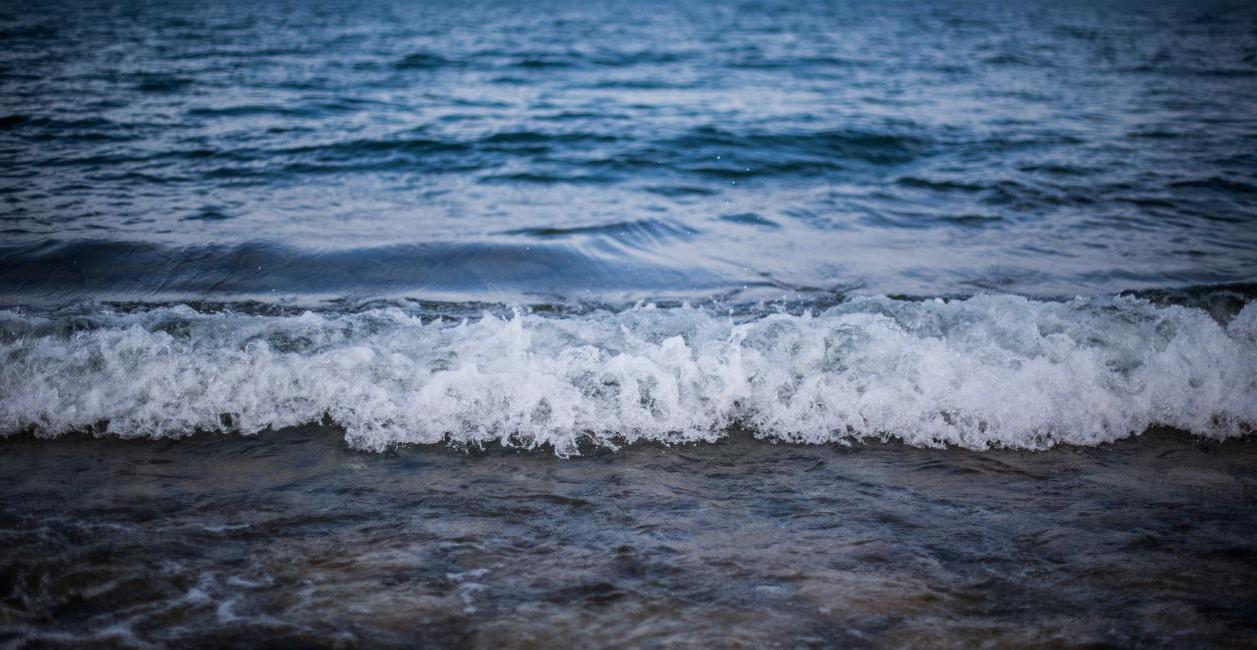
Carthage Model UN students win awards in Amsterdam

Sixteen Carthage Model United Nations students, accompanied by Professor Jeffrey Roberg of the Political Science Department and Professor Emerita Penny Seymoure of the Psychological Science Department, traveled abroad to Amsterdam, Netherlands to participate in the Amsterdam University College Model United Nations Conference April 4-9, 2019. AUCMUN had approximately 200 participants from 64 countries.
Carthage Model U.N. team
The following Carthage students participated in the 2019 AUCMUN conference.
- African Union — Michael Arient ’20 - Angola
- Council of Olympus: Crisis Committee — Laura Hammock ’19 - Aphrodite
- U.N. Human Rights Council — Sydni Baluch ’19 - Canada; Erin Freeman ’19 - Saudi Arabia
- U.N. Children’s Fund — Alleigh Fine ’19 - Indonesia; Olivia Hanley ’19 - People’s Republic of China
- U.N. Economic and Social Council — Levi Latoz ’20 - People’s Republic of China
- U.N. Environmental Program — Joanne Stanfa ’19 - Italy
- U.N. General Assembly’s Sixth Legal Committee — Conner Schupp ’20 - Brazil; Eryn Benner ’19 - Australia U.N.
- Historical Security Council Crisis — Madeline Anderson ’20 - Mongolia; Cara Hull ’19 - Pakistan; James Meason ’19 - People’s Republic of China; Alexander Oblein ’19 - United Kingdom
- U.N. Security Council — Colin Weeks ’19 - Russian Federation
- The International Court of Justice — Rebecca Rankins ’19 - Judge
Award winners
The following five Carthage students won awards for their work at the conference.
- Alleigh Fine ’19 — Best Delegate for her work in the U.N. Children’s Fund
- Cara Hull ’19 — Best Delegate for her work in the U.N. Historical Security Council Crisis
- James Meason ’19 — Best Crisis Manager for his work in the U.N. Historical Security Council Crisis
- Conner Schupp ’20 — Best Delegate for his work in the U.N. General Assembly’s Sixth Legal Committee
- Michael Arient ’20 — Best Delegate for his work in the African Union

Our students participated in ten different committees tackling a variety of current and historical issues. Students engaged weighty topics, such as effectively addressing the humanitarian crisis in Yemen; corporate and state responsibility in chemical waste disposal; countering the desertification and deforestation in the Sahel region; providing justice for and the rehabilitation and reintegration of child soldiers; resolving the Kashmir Conflict; tackling child marriages as a cultural and social institution; providing mental health resources and reducing trauma aggravation for child refugees; confronting climate change through the restriction of maritime cargo; and using technological advances in crop development to reduce the environmental consequences of climate change.

Additionally, students in the Historical Simulation of the U.N. Security Council worked on the accession of the People’s Republic of China to the Republic of China’s seat on the U.N. Security Council in the mid-to-late 1960s. One student was also a judge on the International Court of Justice dealing with the current case of Palestine vs. the United States and the relocation of the U.S. Embassy to Jerusalem.
And finally, one student was on a crisis committee that explored global warming as a result of the old Greek Gods in Olympus.
Please congratulate the entire Model U.N. team for their excellent efforts and achievements!

About Model U.N.
Model U.N. helps students to sharpen their “hard” and “soft” skills through research, writing, public speaking (in front of large groups), and diplomacy through working in smaller groups. In addition to helping students build and refine these skills, they also see an increase in confidence in presenting their views in a potentially stressful environment. Model U.N. is open to students of all majors.
